Giro d'Italia: The EPO and the excess of the nineties
A photo gallery of images of Indurain, Berzin, Tonkov and Pantani
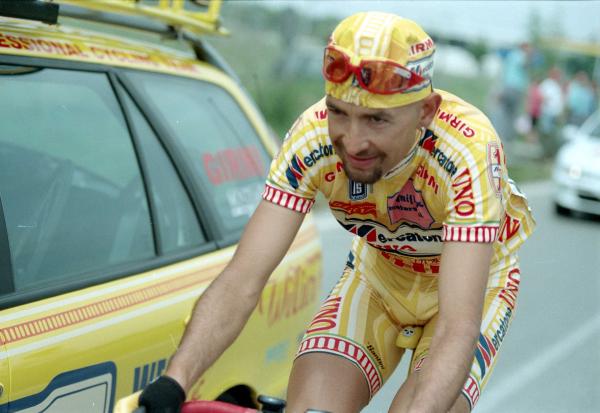
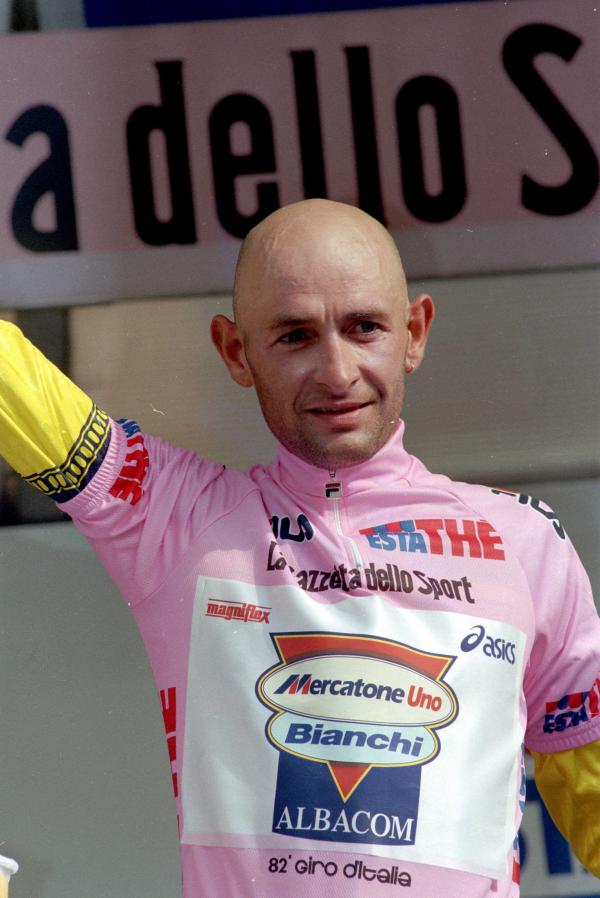
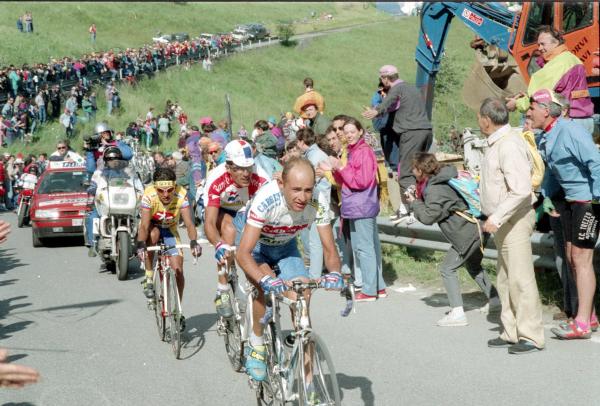
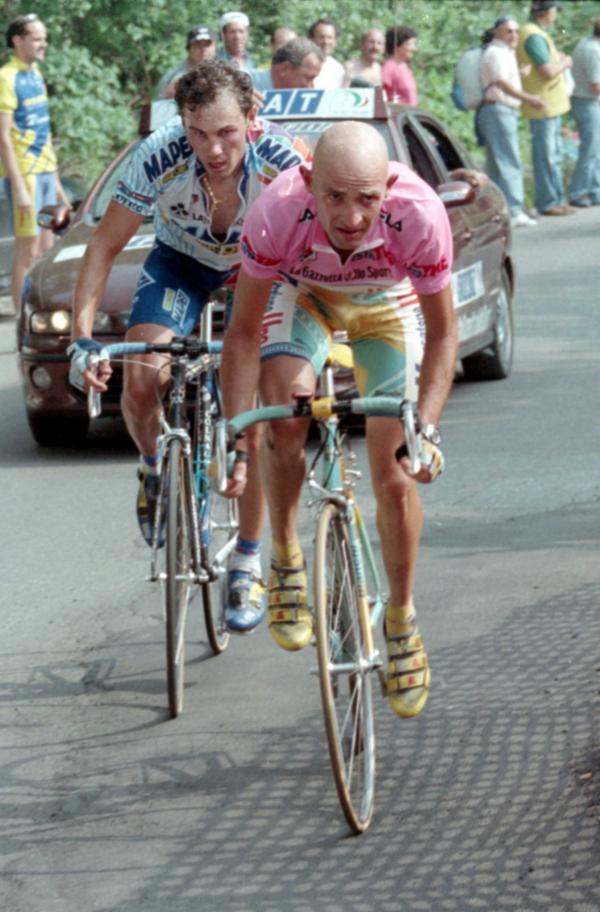
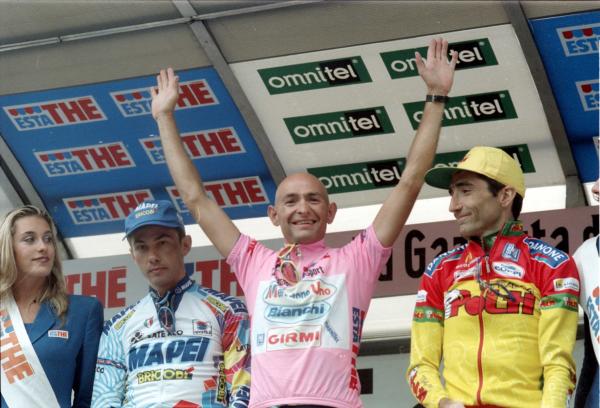
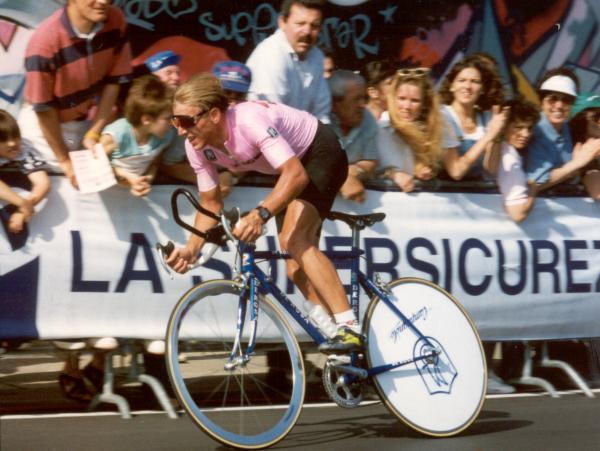
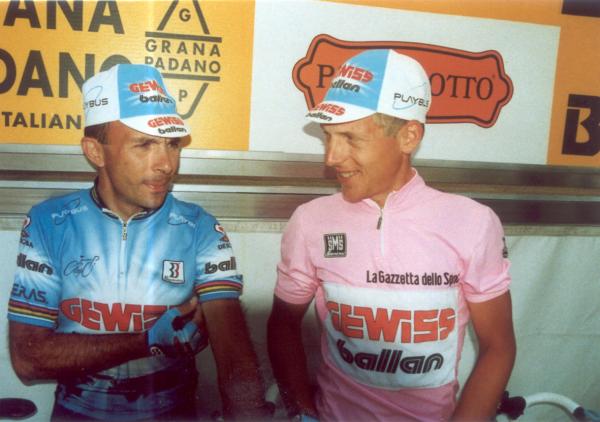
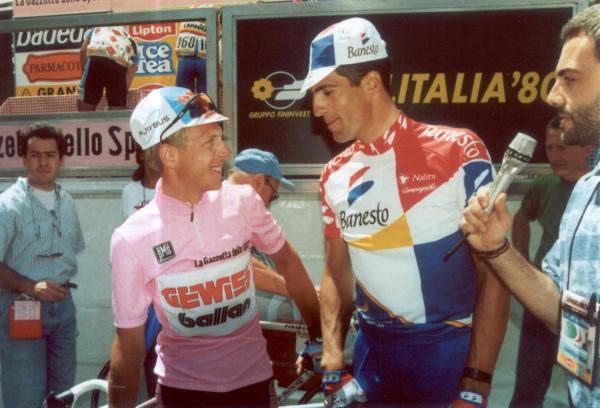
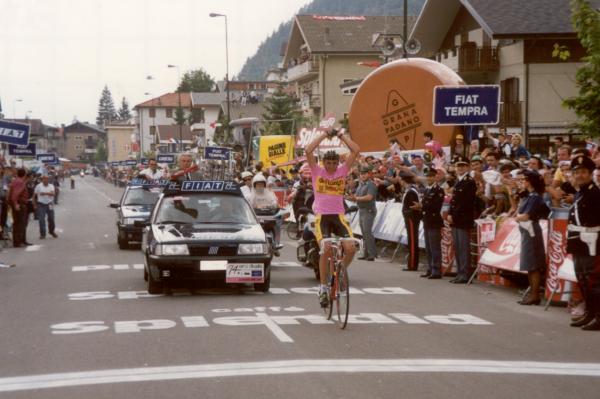
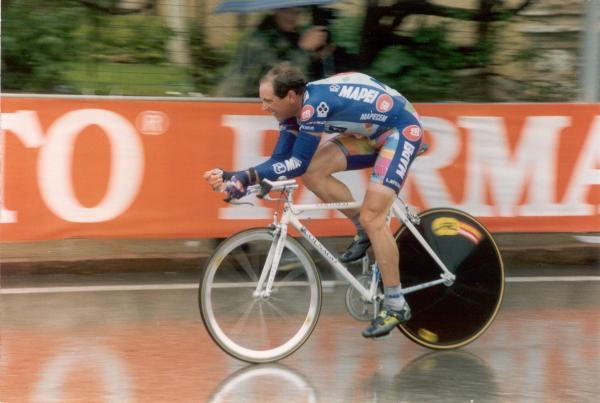
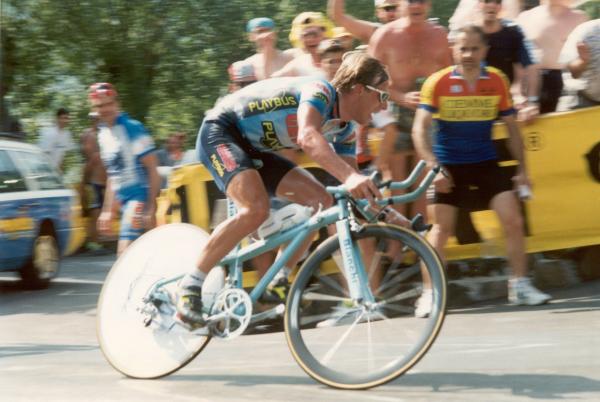
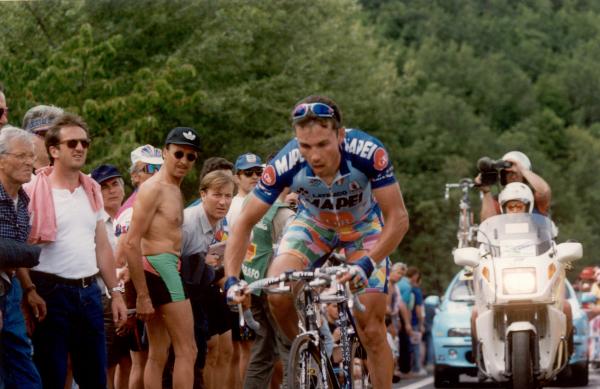
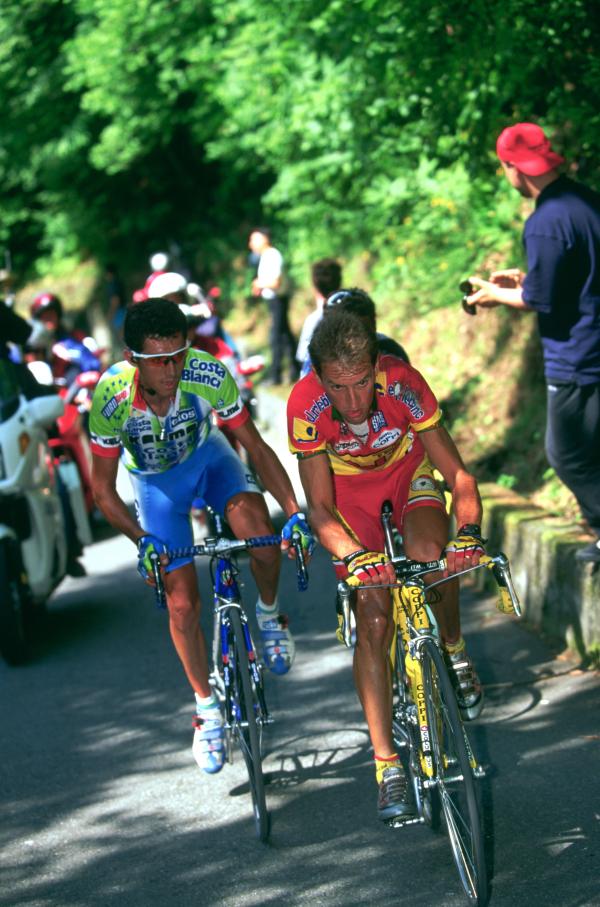
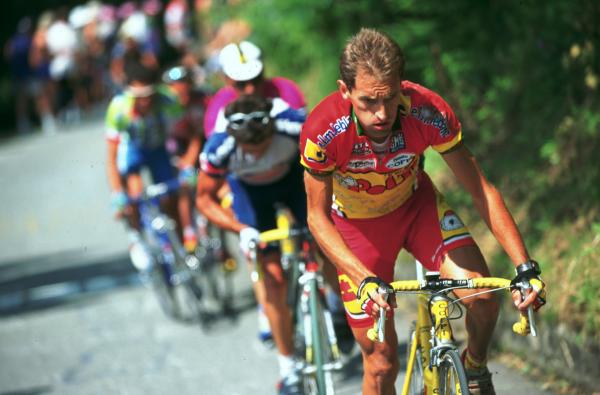
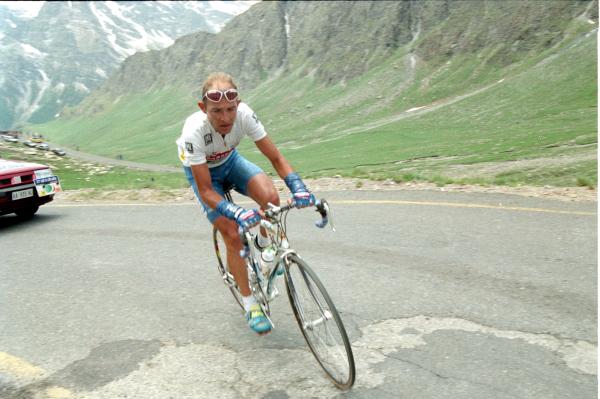
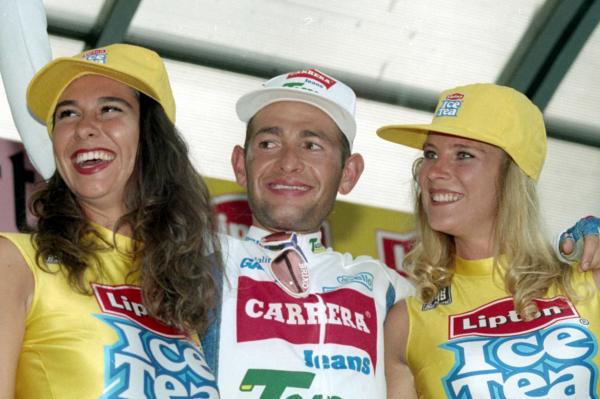
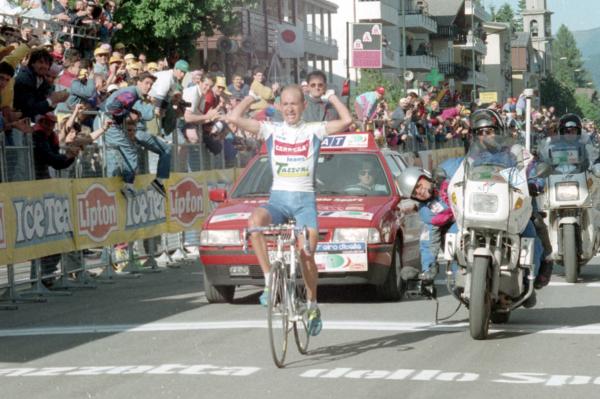
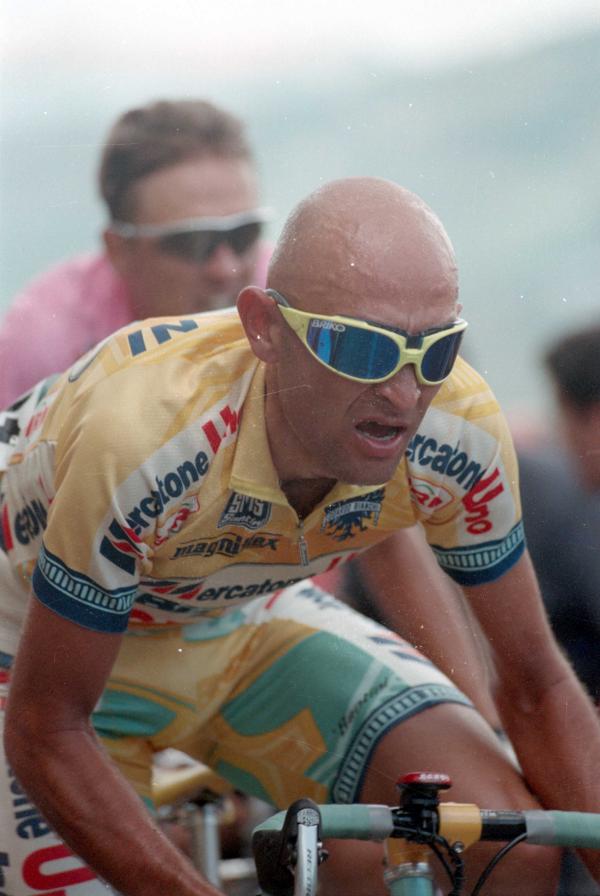
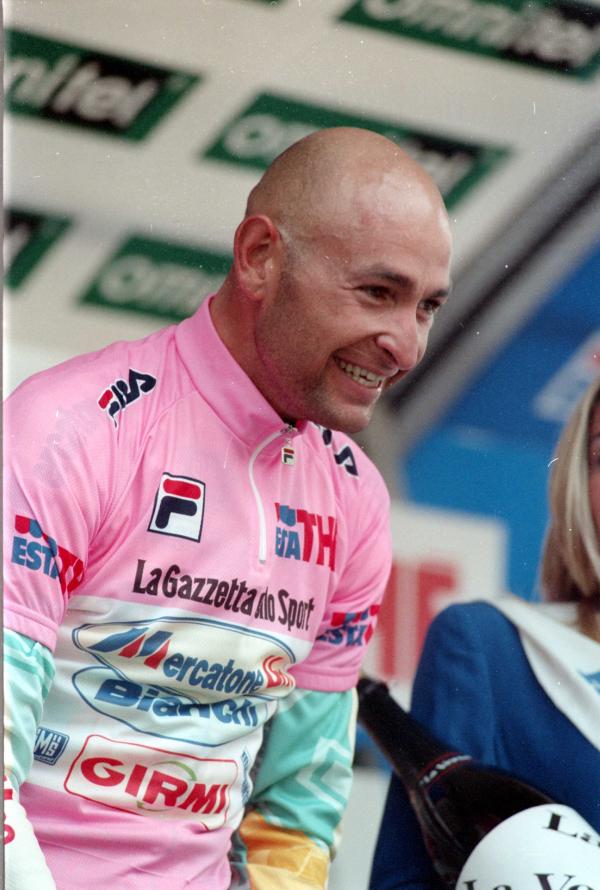
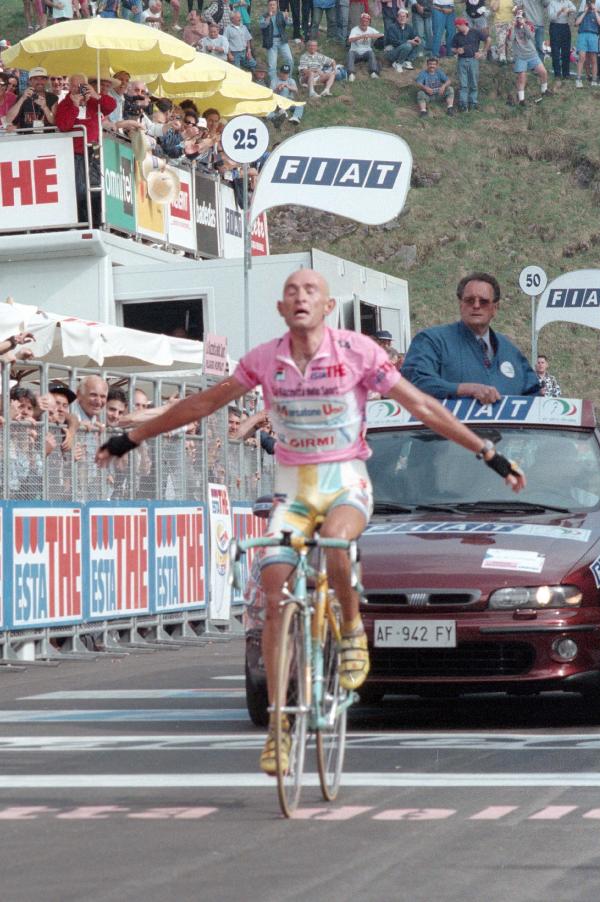
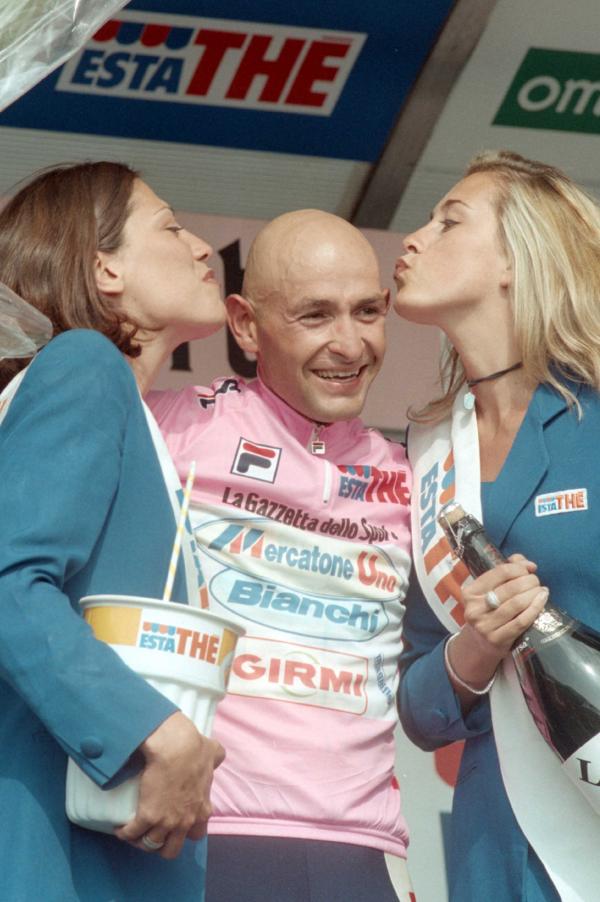
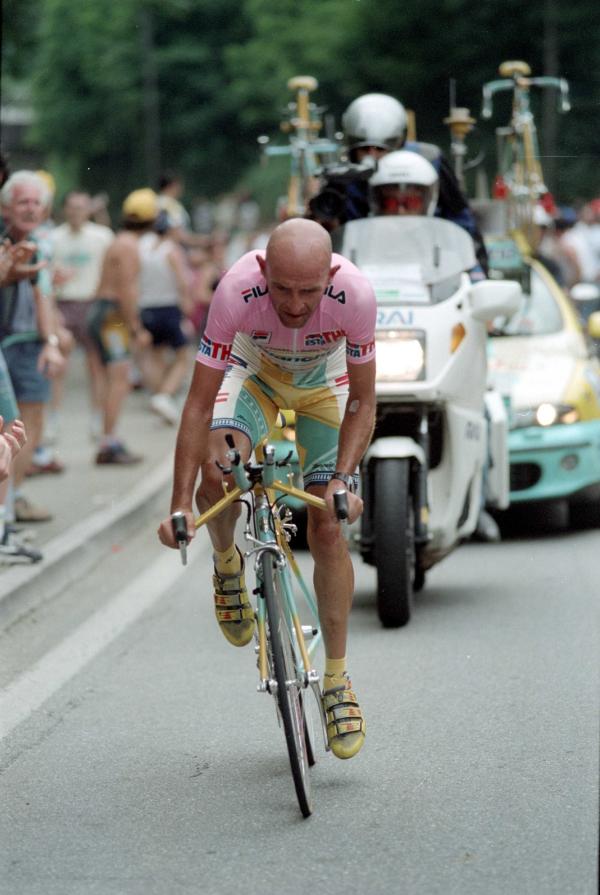
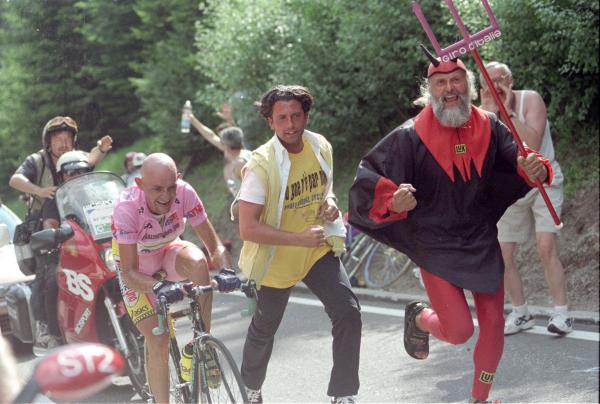
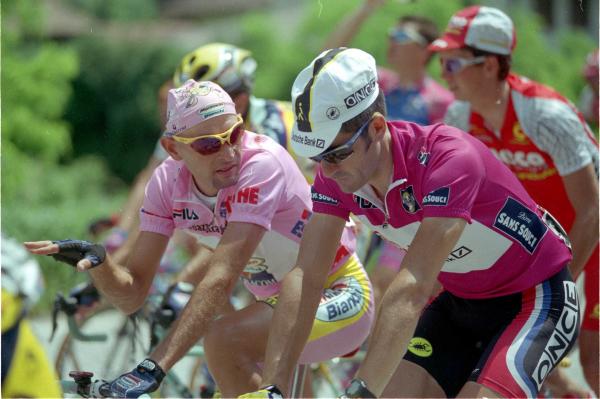
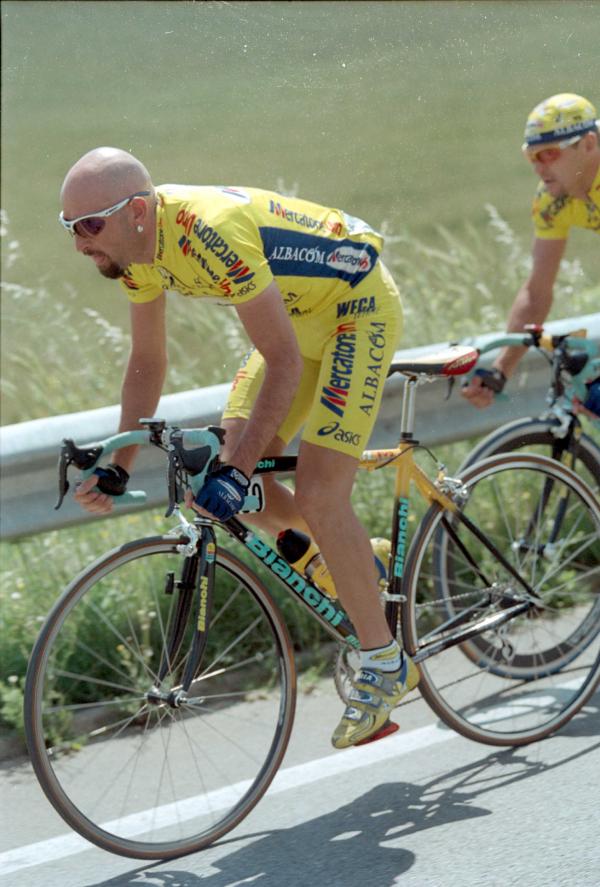
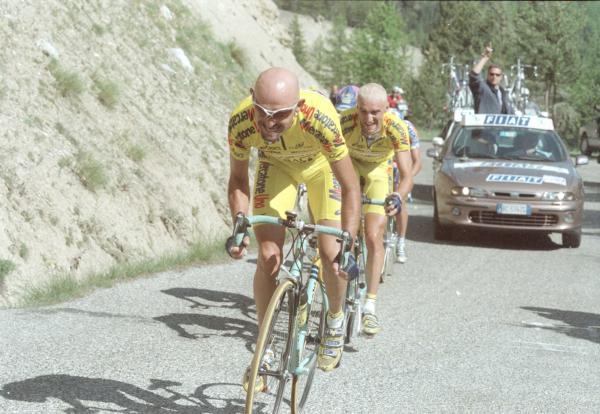
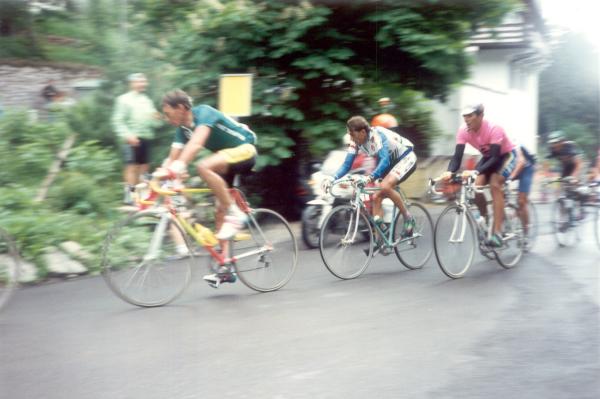
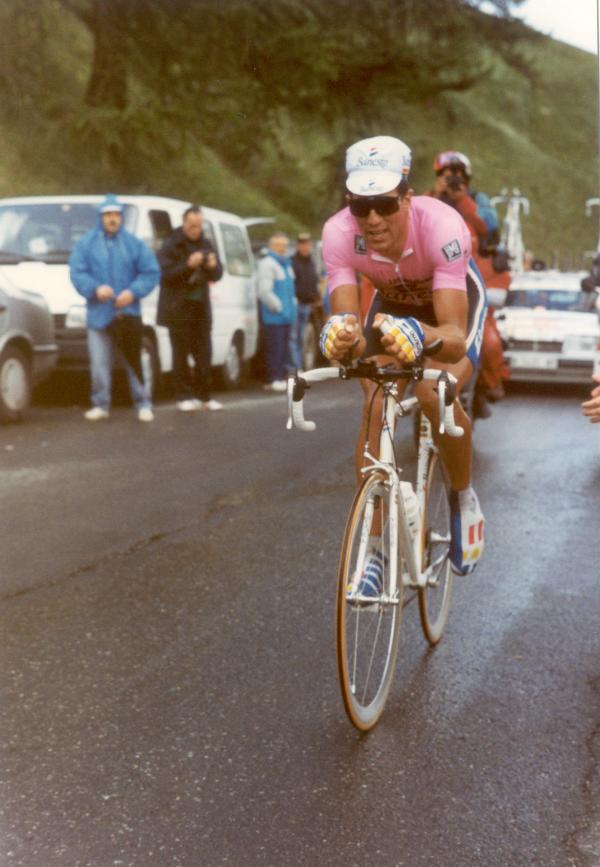
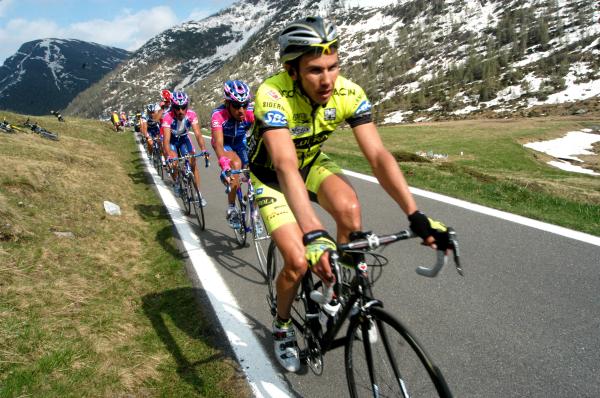
This piece was first published in 2011
The 1990s saw Italian riders take back control of the Giro d'Italia with six victories in the 10 editions of the race. The decade also heralded the emergence of Marco Pantani in 1994, his victory in 1998 and then the shame and embarrassment as he was expelled from the 1999 race after failing a haematocrit test.
Earlier Miguel Indurain took back to back victories in 1992 and 1993 as he complete consecutive Giro d'Italia and Tour de France doubles. Then Russian riders emerged to win the Giro for the first time, as Evgeni Berzin took the maglia rosa from Indurain in 1994 and then Pavel Tonkov won in 1996.
Sadly it is now widely acknowledged that some of those victories were fuelled by EPO. In the nineties doping become an undetectable science, conducted by devious doctors, with the boosting of blood values dramatically changing the performances of the riders willing to make a pact with the devil.
Gianni Bugno sparked the Italian renaissance when he won the Giro in 1990. He won the 13km prologue time trial in Bari and held the pink jersey all the way to Milan, beating Charly Mottet by 6:33. Franco Chioccioli finally had his moment of fame when he won in 1991. The lanky Tuscan rider was affectionately known as 'Coppino' for his beak-like nose and beat an emerging Claudio Chiappucci after losing the 1988 Giro to Andy Hampsten.
Miguel Indurain dominated the Giro in 1992 and 1993 as Bugno focused on the Tour de France. He used his huge power to carve out a winning margin in the time trials and limit his losses to Chioccioli and Chiappucci mountains.
Berzin, Rominger and Tonkov
Get The Leadout Newsletter
The latest race content, interviews, features, reviews and expert buying guides, direct to your inbox!
Evgeni Berzin – 'il biondino di Vyborg' managed to stop Indurain taking a hat-trick of wins in 1994. He was part of the Gewiss team that included Moreno Argentin, Ivan Gotti and Giorgio Furlan, and had Dr Michele Ferrari as their team doctor during their early dominance of the season.
Berzin was a former world pursuit champion and used his speed and technique to gain time on Indurain in both the flat and hilly time trials. When Marco Pantani went on the attack in the Dolomites and won back to back stages, Berzin managed to limit his losses and hold onto the maglia rosa, beating Pantani by 2:51.
Tony Rominger won the 1995 Giro d'Italia for the Mapei team, beating both Berzin and Russian teammate Piotr Urgrumov but Russia struck again in 1996 when Pavel Tonkov took advantage of the absence of Pantani to dominate in the mountains.
The return of Pantani
Ivan Gotti won the 1997 Giro but Pantani was back to his best in 1998 and sent the tifosi crazy by throwing down his bandana and launching audacious solo attacks in the mountains. He also finished third in the final time trial to beat Tonkov by 1:33 and set up his Giro d'Italia – Tour de France double.
However Pantani's career followed an Icarus-like curve and he lost his wings during the 1999 Giro d'Italia. He had dominated every moment of the race, winning four mountain stages, but was kicked off the race after failing a haematocrit test in Madonna di Campiglio before stage 21. He went into denial, while his rivals, some of whom had haematocrit values very close but just under the 50% limit, rode on. Gotti took the race lead from Paolo Savoldelli on the Mortirolo but nobody in Italy celebrated his victory.
In 2000 Pantani made a comeback and helped Mercatone Uno teammate Stefano Garzelli beat Francesco Casagrande and win the Giro. Pantani was already fighting his demons but went on the attack on the stage to Briancon and went close to one final stage victory. He rode the Giro d'Italia in 2001 and 2003 but died of a cocaine overdose on February 14, 2004.
His career perhaps epitomised the excess, the fraud and ultimately the tragedy of the Giro d'Italia in the nineties.

Stephen is one of the most experienced member of the Cyclingnews team, having reported on professional cycling since 1994. He has been Head of News at Cyclingnews since 2022, before which he held the position of European editor since 2012 and previously worked for Reuters, Shift Active Media, and CyclingWeekly, among other publications.